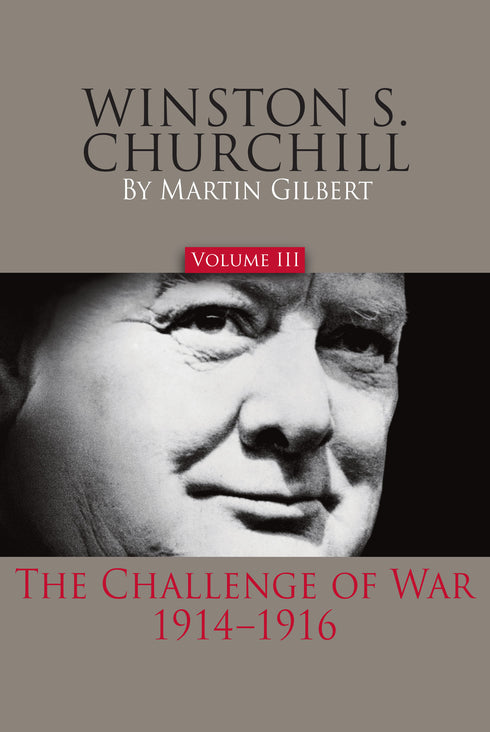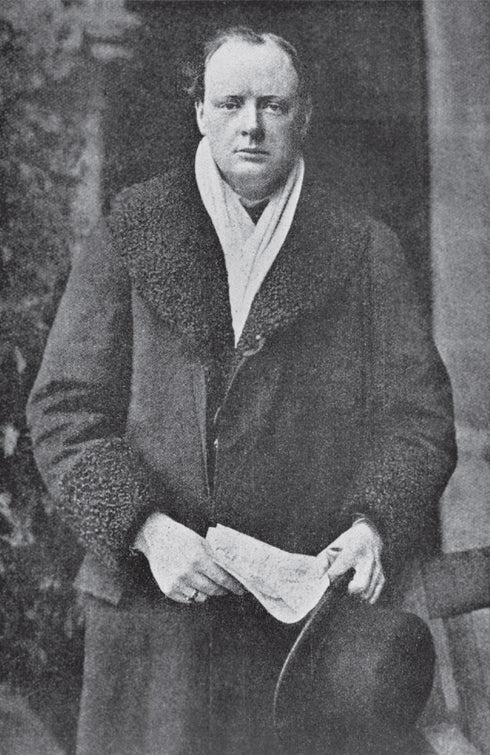Volume III: The Challenge of War, 1914-1916
SKU: 1-02-GILCHW-H
VENDOR: Hillsdale College Press
This third volume of the official biography of Sir Winston Churchill contains a full account of his initiatives and achievements as wartime First Lord of the Admiralty between August 1914 and May 1915. These include his efforts to prolong the siege of Antwerp, his support for the use of air power, and his part in the early development of the tank. It shows the forcefulness with which he argued for an offensive naval policy, first against Germany, then against Turkey.
“What about the Dardanelles?” was the cry Churchill heard often between the two world wars. It epitomized the distrust in which he was held by both politicians and the public as a result of the naval setback at the Dardanelles in March 1915 and the eventual failure of the Gallipoli landings launched the following month—although Gallipoli was the ministerial responsibility of the Secretary of State for War, Lord Kitchener, and the ultimate responsibility of the Prime Minister, H.H. Asquith.
Martin Gilbert examines the political crisis of May 1915, during which the Conservative Party forced Asquith to form a coalition government. The Conservatives insisted that Churchill leave the center of war policymaking for a position of increasing political isolation. In the next seven months, while the Gallipoli campaign was being fought, Churchill served as Chancellor of the Duchy of Lancaster, with no authority over military or naval policy. His request to go to Gallipoli to assess the situation was welcomed by Asquith, but rejected by Conservative members of the new coalition.
Resigning from the Cabinet in November 1915, Churchill was appointed Lieutenant-Colonel, commanding an infantry battalion in the trenches of the Western Front. In May 1916, he returned from the trenches, hoping to reenter political life, but his repeated attempts to regain his once substantial influence were unsuccessful. For the final year of Asquith’s premiership, Churchill held no political office, and was frustrated by his lack of power.







